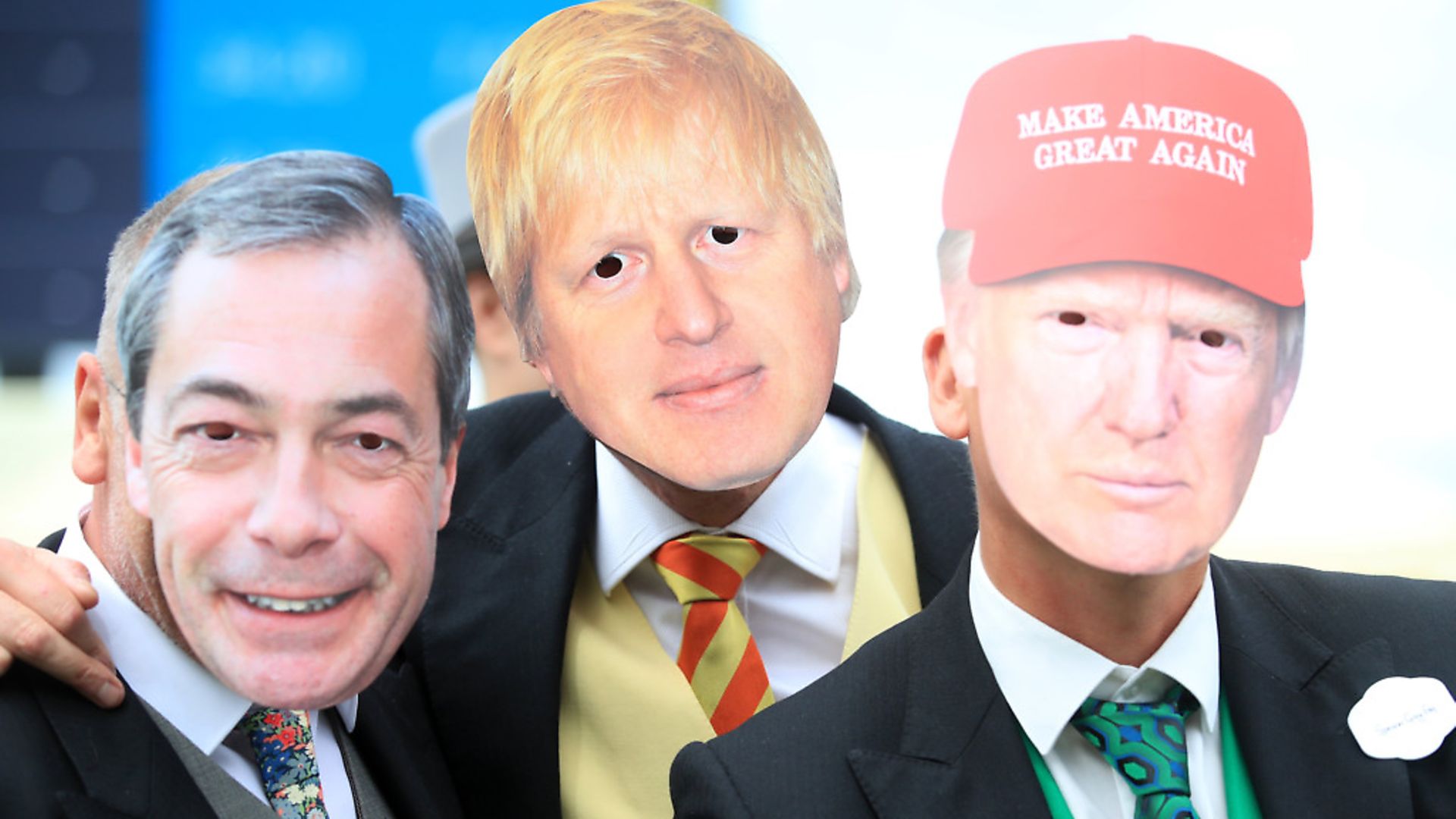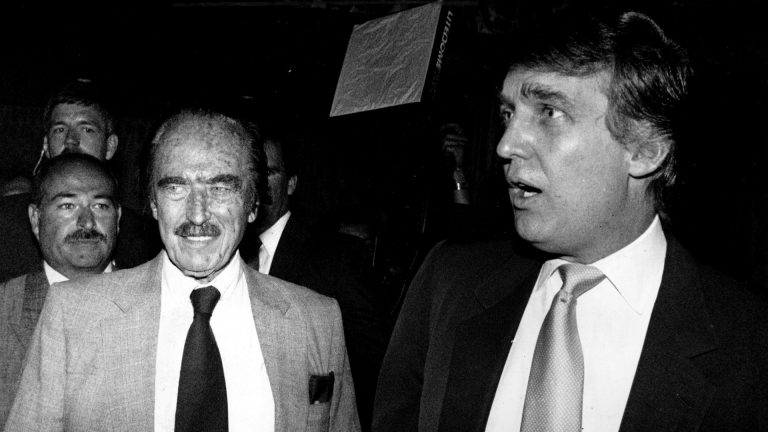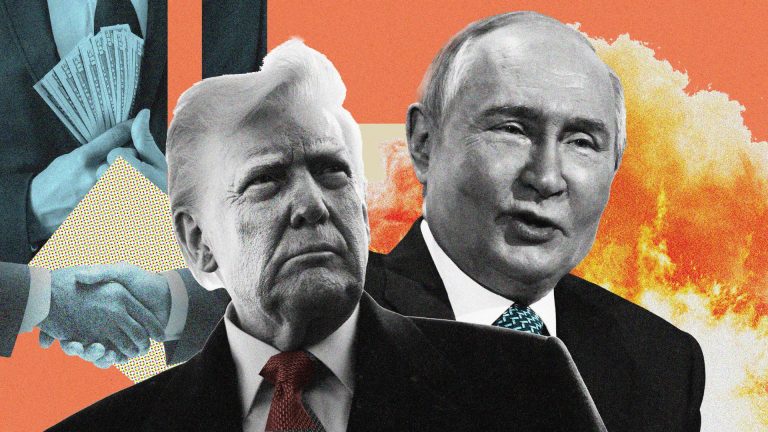It was 15 December 2020, and the world was in a shambles. A Covid-19 vaccine had just been discovered, and administered for the first time a week before, but the virus still took the lives of over 450 people in the United Kingdom that day, infecting another 18,000. London was under Tier 2 regulations that banned social events involving two or more people from different households. “Christmas,” the Guardian solemnly declared, “is on hold.”
But 20 minutes from the newspaper’s empty offices in King’s Cross, Britain’s leaders were in a more celebratory mood. Prime minister Boris Johnson and his staff were meant to be taking part in a virtual holiday party, as nearly all of us did that December. He did take part in the virtual event, but did so in person, along with several of his staff members, thereby breaking his government’s own rules. An image leaked later showed them in festive attire – one staffer donning tinsel, the other a Santa hat – and enjoying a half-empty bottle of bubbly. “I can tell you,” he soon after proclaimed, “that I certainly broke no rules”.
One might forgive the prime minister for this minor slip-up. December 2020 was a difficult time for everyone; all of us needed some kind of release, and many of us broke Covid-19 regulations. But Johnson did so repeatedly and with impunity, until the scandal provoked public outrage much later (and helped bring about the end of his premiership).
While the country was in Covid-19 lockdown, he attended at least six illegal gatherings, more than a few of which he hosted at 10 Downing Street. And when one of his top advisers, Dominic Cummings, travelled across the country during a lockdown despite experiencing Covid-19 symptoms, Johnson slapped down public outcry, defending Cummings for following his “instincts”. Johnson declared that Cummings had “acted responsibly, legally, and with integrity”.
Johnson’s Covid-19 travails do not amount to high crimes and misdemeanours. They are relatively minor scandals, even if they helped end his time in power. But Johnson’s repeated refusal to follow the rules his own government set – and his willingness to defend colleagues who did the same – is unfortunate. His apparent belief that the rules apply only to normal people, not to him and those close to him, feeds British distrust of the government. It makes London resemble ever more closely a kind of “shorthand for faraway people with no grasp of the nation’s problems”, as the scholar Adam Tooze has written. It makes Scousers and southerners alike increasingly unwilling to believe in their leaders, and in democracy at all.
This attitude pops up across the Atlantic as well, where politicians also repeatedly flouted or ran quite close up against the harsh Covid-19 restrictions they imposed.
In November 2020, when California barred people in many counties from dining with people from other households – and warned people not to gather with their own families during the Thanksgiving holiday – governor Gavin Newsom attended a birthday party for his political adviser, a lobbyist, that comprised families from more than three households. To his credit, Newsom eventually apologised, unlike Johnson, saying: “I need to preach and practise, not just preach and not practise.”
But the message both he and Johnson sent is clear and is damaging for democratic societies based on the premise of equality under the law: “There is one set of rules for normal people, another set for me and my friends, and we will not get punished for violating the ones you must follow.” That message will undermine people’s faith not only in their leaders, but in democracy at large.
In 2020, Tommy Tuberville, a former American football coach, ran against and defeated the incumbent, the Democrat and former civil rights lawyer Doug Jones, to become a US senator from the state of Alabama. Upon entering office, Tuberville hardly wasted any time. Within weeks of being sworn in, he voted to overturn Joe Biden’s legitimate victory. “I have no regrets,” he later said.
In the grand scheme of things, Tuberville has been in the US Congress for just about five minutes. Yet by early 2022, he had somehow managed to violate the STOCK Act – which prohibits Congressional representatives and employees from using any non-public information for personal benefit when trading stocks – over 130 times. That means that in under two years in office, he failed on over 130 occasions to disclose trades, in which he was guided by private knowledge, worth nearly $1m.
Tuberville has faced no apparent punishment, although he claims to have paid some minor fines for his late disclosure. The same goes for a swathe of other representatives from across the United States who racked up huge numbers of violations by constantly trading stocks while maintaining access to inside information.
Several other representatives are invested in the same companies that they are supposed to be regulating: some 15 lawmakers on the House and Senate committees controlling US military policy had investments in top defence firms worth nearly $1m in 2020. As the Covid-19 pandemic raged, some 75 lawmakers bought and sold shares of the companies playing important roles in the US response. Forty-eight had invested in Johnson & Johnson. Forty-four held shares in Pfizer. Many of these lawmakers were among those who voted in 2020 and 2021 to authorise more than $10bn to aid these companies’ vaccine production.
Clearly, something has gone wrong here. Lawmakers, Democratic or Republican, should not be allowed to invest in the same industries that they are supposed to be regulating, nor should they be allowed to make stock trades based on what is clearly inside information.
But this is only the tip of the American iceberg.
In recent decades, the United States has become less and less effective at enforcing the rule of law, allowing powerful people – in the government and private sector alike – to get off scot-free.
In late 2021, a US government watchdog found that at least 13 top Trump officials had broken a law restricting partisan political activity by active federal employees. Secretary of state Mike Pompeo broke the law by using State Department resources to speak to the Republican National Committee from Jerusalem. Kellyanne Conway, a top Trump aide, broke the law by promoting Trump’s re-election campaign during official interviews on Fox News.
The list goes on, but not one of these officials faced punishment.
Trump himself is now facing criminal charges for his handling of classified information. This is a step in the right direction but hardly enough to fix the problem.
On paper, nobody in America – politician or otherwise – is above the law. But in practice, few Americans believe that to be true. Alarmingly, the same can be said about democracies around the world.
In the early 2000s, the Greek government spent huge amounts of money despite slowing economic growth, so when the global financial system crashed in 2007 and 2008, Greece’s economy was left in pieces. The ensuing debt crisis has weighed on the country since – leaving the country’s GDP per capita almost 50% lower today than it was in 2008. Nobody has been held accountable, which helps explain why less than 20% of Greeks today have confidence in their national government.
American and European bankers, meanwhile, were together responsible for this crisis; they took excessive risks and eventually burst the US housing bubble that they themselves had created. Yet almost nobody was ever punished on either side of the Atlantic, whether in Washington, Westminster or Berlin. Those who were punished came overwhelmingly from Iceland, a democracy hit extraordinarily hard by the recession, and one where bad bankers go to prison – and where the central government enjoys a healthy amount of public support.
Yet a lack of accountability continues to enable poor governance in too many democracies.
Spain was unable to handle Covid-19 despite relative societal consent precisely because of government failure. When the virus first arrived, people stayed at home and wore their masks, but the government squandered their sacrifice. Politicians did not strengthen Spain’s public health system, nor did they make plans for school reopening or tracking the virus. So when the country reopened in June 2020, the Covid-19 rate skyrocketed, plunging Spain into one of the world’s most deadly outbreaks.
Other politicians have been swept out of office for their poor handling of the virus – as with Trump in the United States – but no such thing happened in Spain, because the ruling government has faced no serious electoral challenge in recent times. “Our politicians,” writes the Spanish journalist David Jiménez, “have little incentive to strive for excellence, because they know that Spaniards’ loyalty to their parties rivals their loyalty to their favourite soccer teams”.
This partisanship drives a lack of accountability, which, in turn, fuels a lack of confidence in the Spanish government. Spain now lacks accountability not only in relation to Covid-19, but seemingly on everything. Some 94% of Spaniards believe corruption to be widespread.
When you add the two together, the result is an ugly picture: Spaniards, despite living in a democracy and getting to choose their leaders, have no confidence in those leaders, believing them to be both incompetent and corrupt – yet not held accountable for either failing. This helps explain why nearly 70% of Spaniards are dissatisfied with how their democracy is working, and why a not-insignificant number of the population now supports Vox, a far-right, outsider, anti-establishment party with authoritarian tendencies. It is a complete lack of accountability that feeds public distrust in Spain’s democracy, which in turn feeds support for those who promise to do away with the establishment and would prefer to see many liberal protections swept away.
The list goes on and on, from East to West and everywhere in between, but the story is the same: government incompetence and corruption have resulted in failure and calamity, and seemingly nobody has been punished. It should really be no surprise, then, that many of the people living in democracies around the world don’t believe in their governments, or even in democracy as a concept any more.
Democracies around the world – but particularly in the West – are experiencing a crisis of trust. People do not trust their neighbours. They do not trust the media. And they certainly do not trust their governments.
I’ve heard this sentiment in conversations around the world – from taxi drivers in my hometown of New York City, from barbecue vendors throughout the American south, from football fanatics in Liverpool and London, and from street vendors from Kota Kinabalu to Jerusalem. Their gripes are similar: the government is corrupt; the government is ineffective; our politicians don’t care about us. And so, they say, we want something new.
This was true even before the pandemic. In 2019, only 35% and 41% of Americans trusted their government to handle domestic and international problems, respectively. In that same year, only 19% of people in the United Kingdom said that they trusted politicians to tell them the truth; just 42% trusted the government to “do what is right”.
Many of the most striking demonstrations of government mistrust have been the rise of populist movements with autocratic tendencies: Trump’s election, the Brexit vote, and the rise in far-right parties from Hungary to Spain – all have occurred in the West. The conversations I’ve had with [Viktor] Orbán voters, who ardently believed he would oust the “corrupt politicians” they distrusted and create a better Hungary, are lodged in my brain precisely because they remind me deeply of similar conversations I’ve had with people in our own democracies: Trump voters in Tennessee, Brexiteers at Goodison Park and frustrated families in Seoul. Orbán’s ability to mobilise distrust in government – and wield that distrust into a parliamentary super-majority – is a warning for democracies around the world of what happens when you lose your people’s trust.
The emergence of these anti-establishment leaders and movements is possible only because so many people do not trust the establishments that have governed their countries for decades. If the Hungarian and American publics trusted their governments, Orbán and Trump could never have been elected; the same goes for the Brexit vote. When people do not trust their government, they are far more willing to vote for leaders and movements that rail against this same government’s purported misgovernance and promise something new. Without trust, democracy is at risk.
Yet democracies beyond the West are experiencing their own crises of trust, too. In 2019, around 40% of Japanese reported trust in their government; about 30% of South Africans and Brazilians said the same. It is no coincidence that South Africa is in a constant cycle of political crisis, nor that Brazil in late 2018 elected the right wing populist Jair Bolsonaro – who expresses contempt for democracy and admiration for autocracy – in that same year. Distrust can doom democracy. (Japan’s politics are more predictable, but in 2022 that country experienced its first political assassination in decades.)
It should worry us, then, that the most trusted governments are autocracies.
In 2019, nearly 90% of Chinese reported trust in their government; some 80% of UAE citizens said the same, as did almost 70% of Singaporeans. And when you speak to a Singaporean, even one who does not particularly like their government, they will tell you that they trust their government a hell of a lot more than they do those of the United States, Europe or Japan.
Singaporean “distrust” looks more like annoyance than genuine discontent.
Many people living under these non-democratic governments believe that their governments are working well, and that their personal futures are bright. It’s tempting to wonder if these results are skewed by fear – after all, people in non-democracies may worry about government retribution if they express opposition – but many of these studies controlled for that factor. Autocracies’ ability to exert substantial control over the media, and thus control the narrative that reaches their own people, tends to boost public trust in these governments as well. Regardless, the numbers are impressive.
Government performance and accountability matter. The ability to deliver on promises matters, as does the ability to prevent graft. This is why Singapore, the UAE and Vietnam hold their own officials accountable regarding both competence and corruption, despite refusing to hold even vaguely free or fair elections.
Their top leaders understand that to win public legitimacy, with or without elections, the government must be both corruption-free and effective. And while our democracies do hold fair elections and do allow people to hold officials accountable by voting them out, our leaders must hold themselves accountable to increase confidence in the government, and thus the government’s ability to function.
Because if they don’t, they will invite not only distrust in government, but also the rise of the autocrats looking to sweep them, and their democracies, into the dustbin of history.
An edited extract from Defeating the Dictators: How Democracy Can Prevail in the Age of the Strongman by Charles Dunst, published by Hodder & Stoughton, 2023










